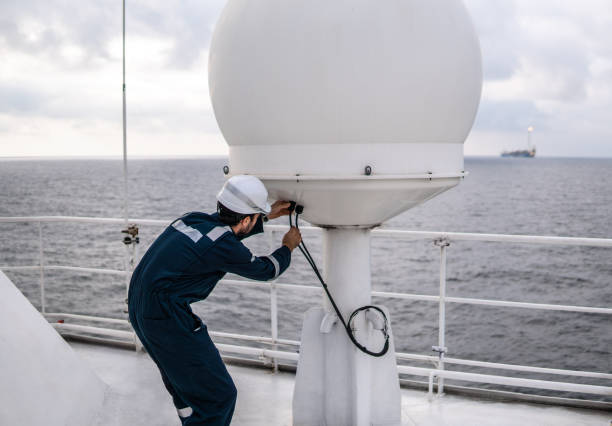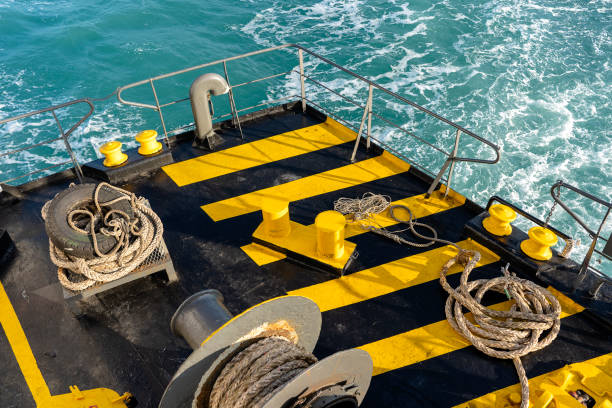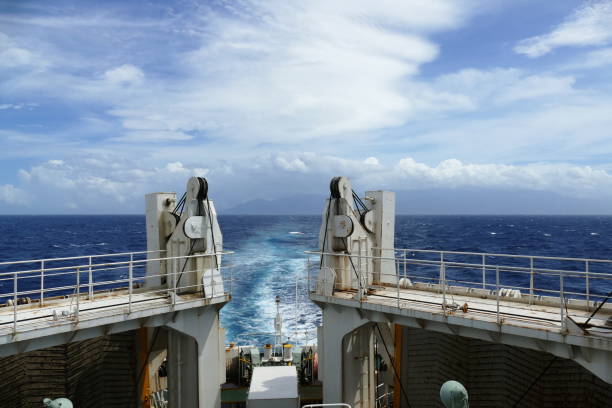Introduction
In the vast expanse of the world’s oceans, ships brave treacherous waters to transport goods and people across continents. However, these maritime journeys are not without risks. Shipowners face a myriad of challenges, from natural disasters to piracy and mechanical failures. In such a volatile environment, having comprehensive insurance coverage is paramount to safeguarding investments and ensuring peace of mind.

Define the Importance of Ship Insurance
Ship insurance, also known as marine insurance, provides financial protection against losses or damages to vessels, cargo, and crew during transit. It encompasses various types of coverage tailored to the specific needs of shipowners, cargo owners, and other stakeholders in the maritime industry.
Types and Categories of Ship Insurance
Hull Insurance
Hull insurance covers physical damage to the ship itself, including collisions, grounding, and structural failures. It also extends to machinery and equipment onboard.
Cargo Insurance
Cargo insurance protects the goods being transported against risks such as theft, damage, or loss during transit. It provides compensation to cargo owners in case of unforeseen events.
Liability Insurance
Liability insurance shields shipowners from legal liabilities arising from accidents, pollution, or third-party damages. It covers legal costs and compensation payments to affected parties.
Freight Insurance
Freight insurance covers losses incurred due to the non-delivery or damage of cargo, compensating the shipper for the value of the lost or damaged goods.
War Risk Insurance
War risk insurance provides coverage against losses or damages resulting from acts of war, terrorism, or political unrest, which may not be covered under standard marine insurance policies.
Symptoms and Signs of Insufficient Coverage
Financial Losses
Without adequate insurance coverage, shipowners risk incurring significant financial losses in the event of accidents, damages, or legal disputes.
Operational Disruptions
Unforeseen events such as vessel breakdowns or cargo losses can disrupt maritime operations, leading to delays and additional expenses.
Legal Liabilities
Shipowners may face costly legal battles and compensation claims from affected parties if they lack liability insurance coverage.
Causes and Risk Factors for Ship Insurance Claims
Natural Disasters
Hurricanes, tsunamis, and storms pose significant risks to maritime operations, leading to vessel damages and cargo losses.
Human Error
Mistakes made by crew members or negligence in adhering to safety protocols can result in accidents and liabilities.
Piracy and Security Threats
Piracy, theft, and acts of terrorism pose serious security risks to ships and cargo, necessitating comprehensive insurance coverage.

Diagnosis and Assessment of Insurance Needs
Risk Assessment
Shipowners must conduct thorough risk assessments to identify potential hazards and determine the appropriate level of insurance coverage needed.
Legal Compliance
Understanding regulatory requirements and international maritime laws is essential for ensuring compliance and avoiding legal complications.
Consultation with Insurance Experts
Seeking guidance from insurance brokers or maritime experts can help shipowners navigate the complexities of insurance policies and choose the right coverage options.
Treatment Options: Securing Comprehensive Insurance Coverage
Customized Insurance Packages
Insurance providers offer tailored packages to meet the specific needs of shipowners, incorporating various types of coverage to mitigate risks effectively.
Negotiation of Terms
Shipowners can negotiate insurance terms and premiums with insurers to achieve favorable terms and maximize coverage benefits.
Review and Renewal
Regularly reviewing insurance policies and updating coverage based on changing circumstances ensures continuous protection against evolving risks.
Preventive Measures: Mitigating Risks at Sea
Safety Protocols
Implementing rigorous safety measures and training programs for crew members reduces the likelihood of accidents and enhances onboard security.
Maintenance and Inspections
Regular maintenance checks and inspections help identify potential issues early on, preventing costly damages and ensuring vessel seaworthiness.
Security Measures
Deploying security personnel, surveillance systems, and anti-piracy measures enhances the security posture of ships and deters potential threats.

Personal Stories: Real-life Implications of Ship Insurance
Case Study: The S.S. Venture
The S.S. Venture, a cargo vessel transporting valuable goods across international waters, encountered a severe storm that caused extensive damage to its hull and cargo. Fortunately, the ship was adequately insured, allowing the owners to recover losses and resume operations promptly.
Testimonial: Captain Maria Rodriguez
“As a seasoned captain, I’ve witnessed firsthand the importance of having robust insurance coverage for maritime operations. It not only protects investments but also ensures the safety and well-being of crew members and cargo.”
Expert Insights: Advice from Maritime Professionals
Interview with John Smith, Marine Insurance Broker
“Shipowners should prioritize comprehensive insurance coverage tailored to their specific operational risks. Working closely with experienced brokers can help them navigate the complexities of insurance policies and secure optimal protection.”
Conclusion: Navigating the Seas with Confidence
In the unpredictable realm of maritime transportation, ship insurance serves as a beacon of security, offering peace of mind to shipowners and stakeholders alike. By understanding the various types of coverage, assessing risks, and adopting preventive measures, shipowners can navigate the seas with confidence, knowing that their vessels, cargo, and crew are well-protected.


